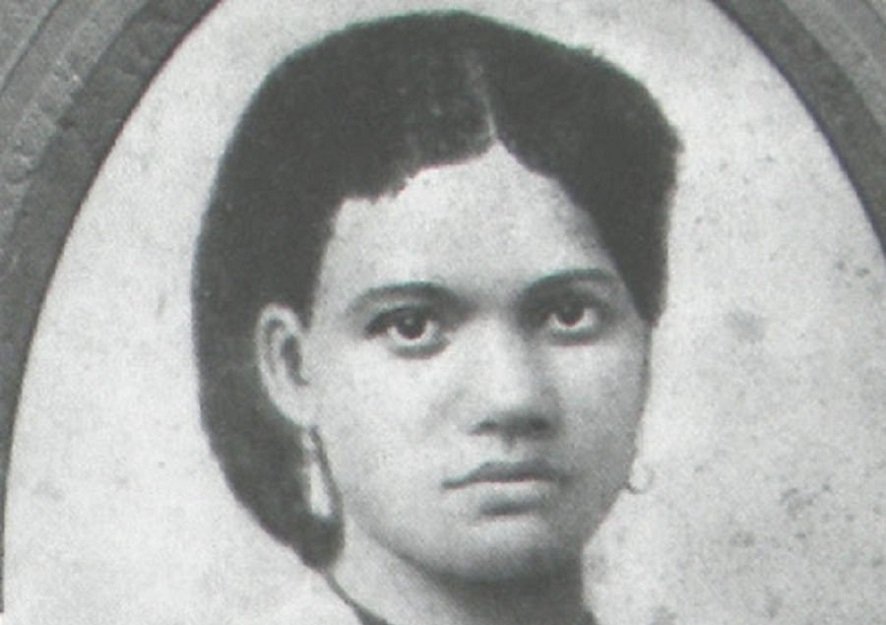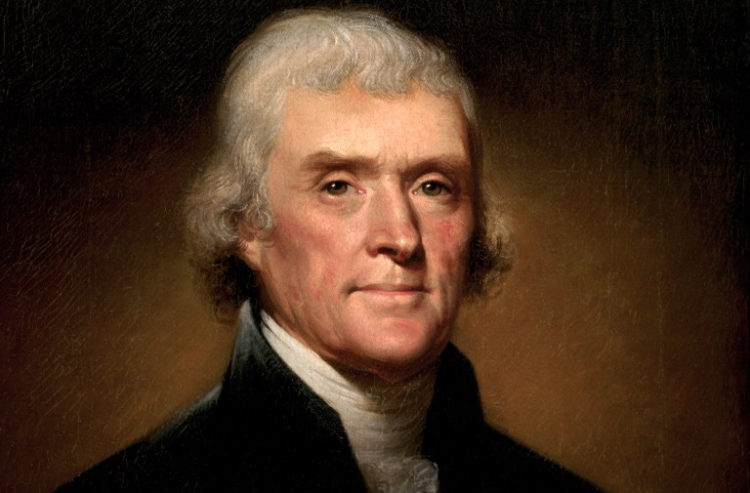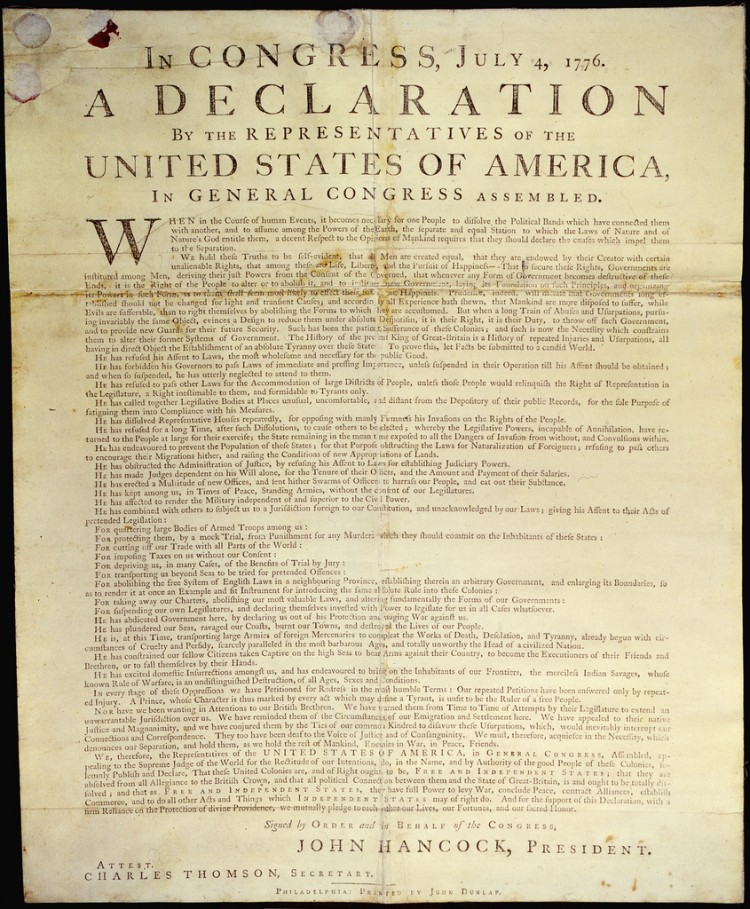The final part of the passage refers to England’s Lord Dunmore, who in a proclamation in 1775 offered freedom for any enslaved person that took up arms for the British against the rebel colonies.
It wasn’t until several years later that Jefferson was able to release the deleted passage. He also listed who were its main opponents,
“The clause… reprobating the enslaving the inhabitants of Africa, was struck out in compliance to South Carolina and Georgia, who had never attempted to restrain the importation of slaves, and who on the contrary still wished to continue it. Our Northern brethren also I believe felt a little tender under these censures; for tho’ their people have very few slaves themselves, yet they had been pretty considerable carriers of them to others.”
Jefferson’s Own Twisted Relationship With Slavery
Many modern critics point to Jefferson being a slave owner. Jefferson not only owned hundreds of slaves, who worked his Monticello plantation. Further, upon his death, unlike George Washington, he kept nearly all of them in slavery, including his children from his enslaved mistress Sally Hemings. Jefferson freed only two slaves during his life and seven others were freed upon his death.

The contradiction between his words, as reflected in the Slave Passage, and his actions is clear. Yet, when he was president he outlawed the Atlantic slave trade in 1807 before the British did.
Jefferson wanted the system of slavery abolished but not immediately. He advocated for gradual emancipation and even suggested that slaves “be trained as freedmen” and sent to colonize Santo Domingo. His reasoning was that immediately freed slaves with no means to care for themselves nor a place to go would lead to even greater misfortune.
He wrote that the institution of slavery corrupted both the enslaved and the master.
Much of Jefferson’s misgivings of the continued institution of slavery, which he feared would tear the nation apart, would come true in 1861 in part because of the language that remained in the Declaration of Independence. Even though the anti-slavery statement was omitted, the phrase “All Men are created equal” remained without any distinction to race or legal status. “All men” animated Abolitionists throughout the U.S. and was used to forward the claim that as long as any person remained enslaved no American could truly be called free.
This was not a point missed by Americans at the time. By the time the Constitution was ratified in 1787, six of the 13 Colonies had already begun to abolish slavery if not outlaw it completely. What followed was a continuing process of Congress whittling away at the institution of slavery while it remained in the Southern states even as the U.S. began to add new states.
There were intense political and even physical battles over whether these new states would be free or slave states. In Kansas, open warfare between abolitionists and pro-slavery proponents broke out.
Contrary to the claims of the 1619 Project and Critical Race Theory, which claim that the United States was founded to perpetuate slavery and white supremacy, history points to the opposite. The institution of slavery we inherited under British rule was widely opposed by our citizens who actively and consistently used every mechanism of law available under the Constitution to end slavery as quickly and completely as possible.











COMMENTS